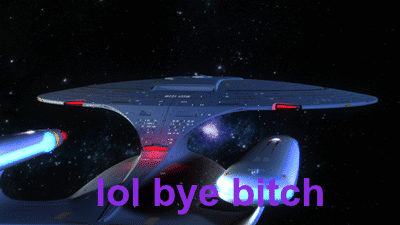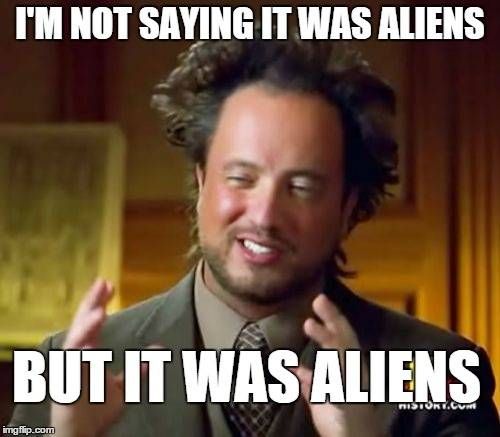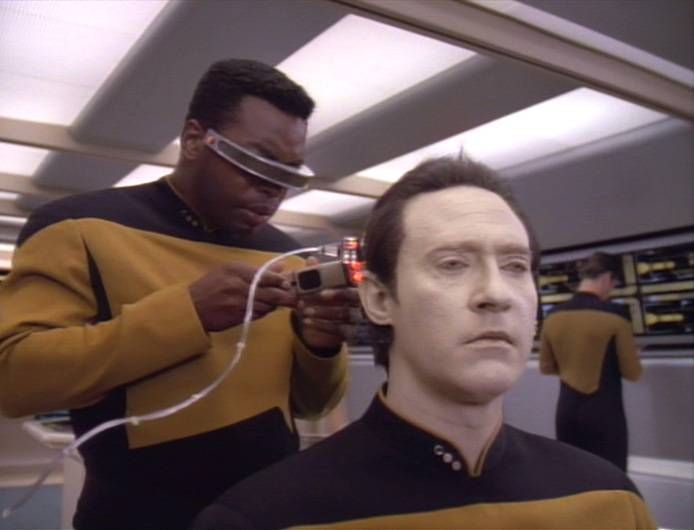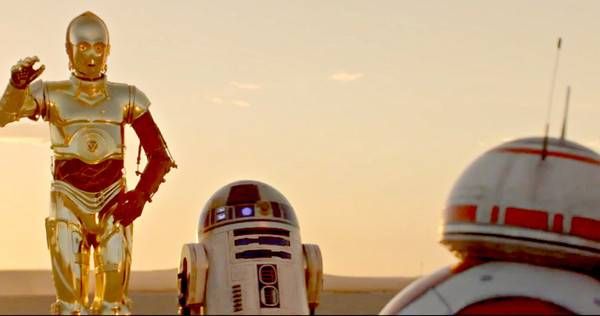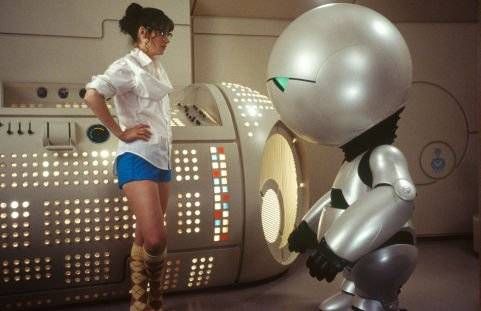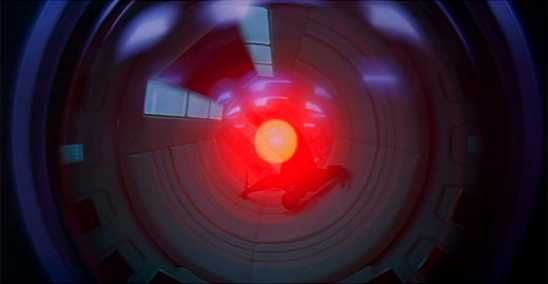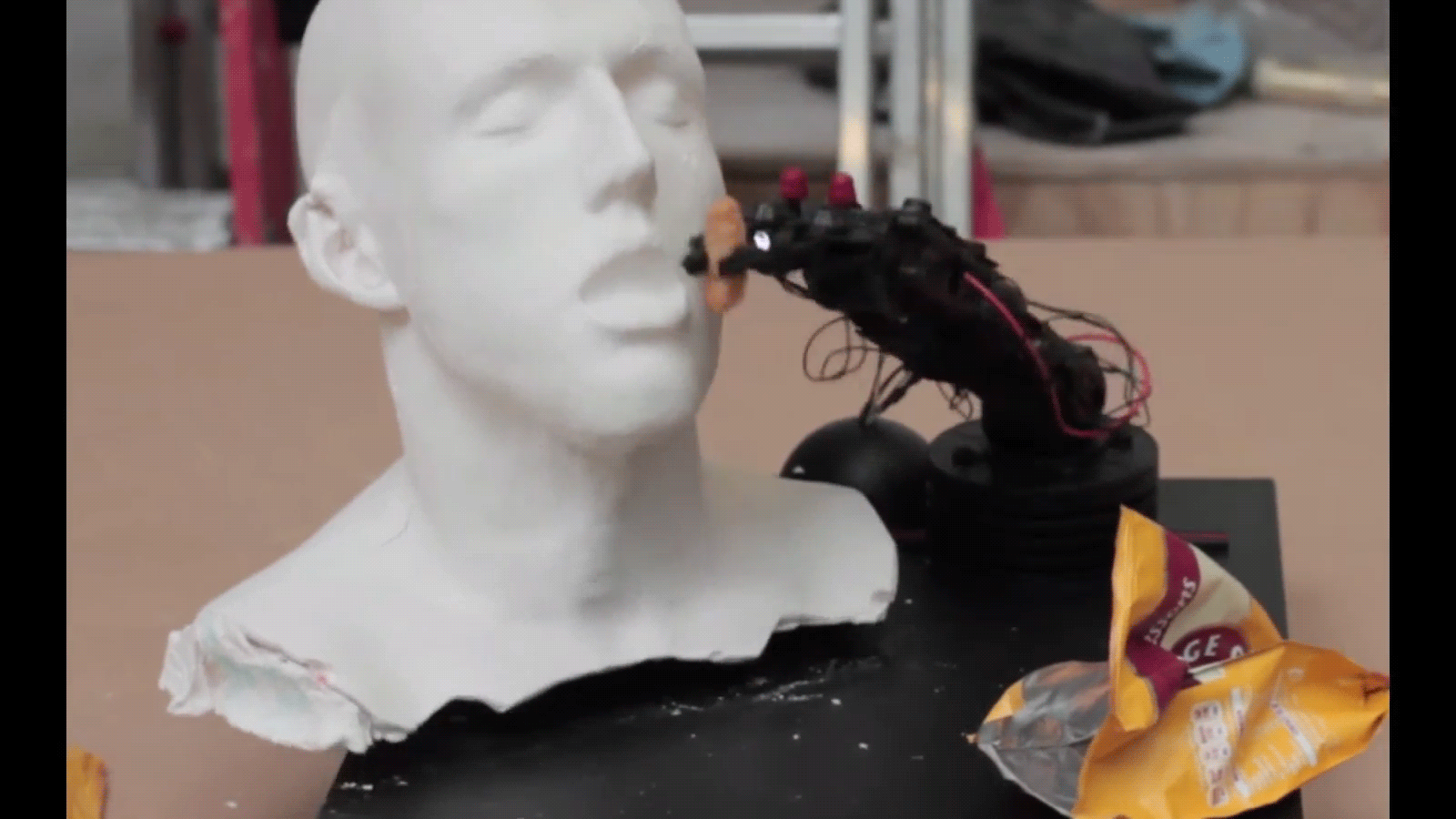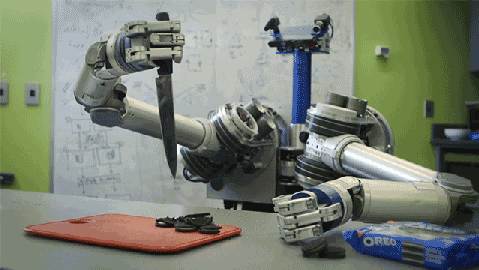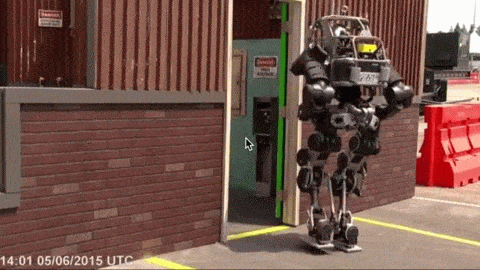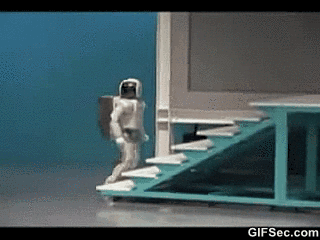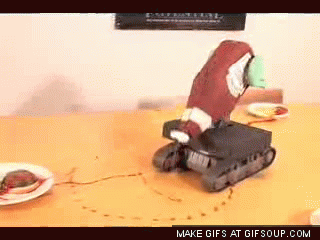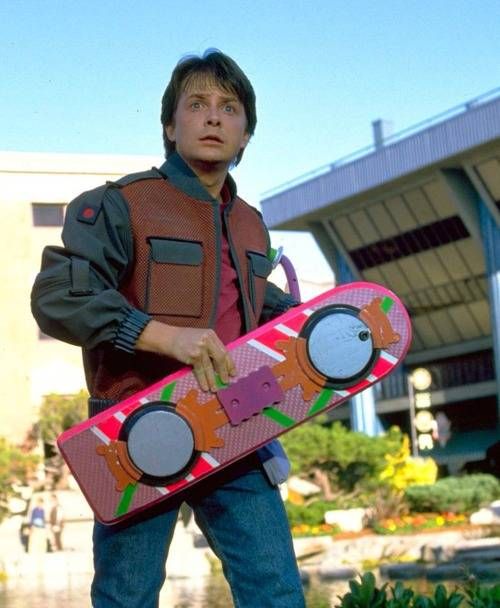
8 Struggles All Science Fiction Fans Know Are Real
I was basically weaned on science fiction (true facts: I remember having a nightmare about Star Trek: TNG when I was four or five) and as I grew into the reader I am today, sci-fi became a cornerstone of my reading habits. Being a sci-fi fan comes with advantages and disadvantages. We’re gonna talk about the disadvantages because, frankly, it’s more entertaining to complain about stuff.
1. Space adventures take minutes in fiction and years or decades in real time.
Real talk: I’m never going to get to go to space and most people I know also probably won’t get to, but I really like learning new things about space. But y’all, it takes so long. NASA be like, “hey, you know that probe we launched like a decade ago? It just passed Saturn” and I know I’ll be ancient and rickety before it gets anywhere interesting. We can’t viably send people to MARS yet and it’s our neighbor. I’d also love to know where all of these fictional countries are getting their space funding from because I know starships have to be hella expensive.
2. Also, real space adventures are cool but not nearly as cool as they are in science fiction.
Space adventures in books are exciting. Exploring new galaxies, space piracy, epic battles (not that I want IRL wars, no thx), daring rescues. Real space adventures are exciting in context because they bring back new information that helps us understand our universe, but it’s hard to get as excited* when the grand space adventure is “did we or did we not find liquid water on a moon somewhere because that could maybe mean the existence of microbial life” and not “scrappy team of heroes saves entire galaxy from doom.”
*Okay, it’s still actually really freaking exciting, but it would be old news in science fiction.
3. Aliens: LOL NOPE
A major theme in science fiction is the existence (or not) of extra-terrestrial life. I think it’s probable that there is life elsewhere in the universe, of course–but there’s a good chance I’ll go to my grave never having any kind of confirmation of their existence (unless it’s microbes on Mars, which is better than nothing, truly). Due to those vast distances in space mentioned in point 1, the limitations of the speed of light, and the fact that even if we somehow could collect a radio signal or something that we deemed came from aliens, 1) we wouldn’t be able to understand it probably, 2) it would probably take many lifetimes to bounce messages back and forth (that whole speed thing again), and 3) the civilization that sent it could even be extinct by the time we get it, well, it deflates the whole idea of intermingling with other cultures. On the upside, probably there won’t be any alien invasions to worry about.
4. Inability to download our consciousness into an android body.
Wait, is this one just me? It’s just me, isn’t it?
5. Robots in fiction vs. robots in reality
Robots in fiction:
Robots IRL:
(much love to r/robotfails and r/shittyrobots, who I’m sure made many robot fail gifs)
Where is my robot maid? And don’t say Roomba, I’ll never use one after I read how one guy had dog poo smeared all over his floors. Ability not to smear poop all over my floors is like a basic qualification for a robot maid.
6. Actually having to worry about global warming, asteroids, nuclear war, and any number of threats to Earth because there is no escape plan.
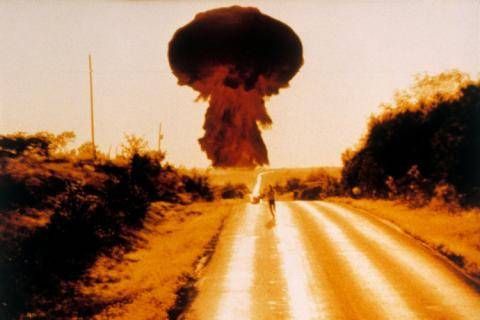
aw fuck
Related: pretty much everything dystopian will come true because it’s based on the failures of human nature. Yay. (The Handmaid’s Tale, anyone?)
7. Can’t even get real-life nonfiction science adequately funded, much less find the funding to develop sci-fi staples like food replicators and hoverboards.
Okay fine, we have hoverboards. KIND OF. BUT NOT IN A SATISFACTORY WAY.
8. Nothing looks as futuristic as we were basically promised it would look.

Cadillac Cyclone concept car, 1959
In science fiction, everything is shiny and bright. The closest thing we have in real life is an Apple store.
What do you wish you could make real from the pages of science fiction? Leave me a comment. Let’s hug it out.



